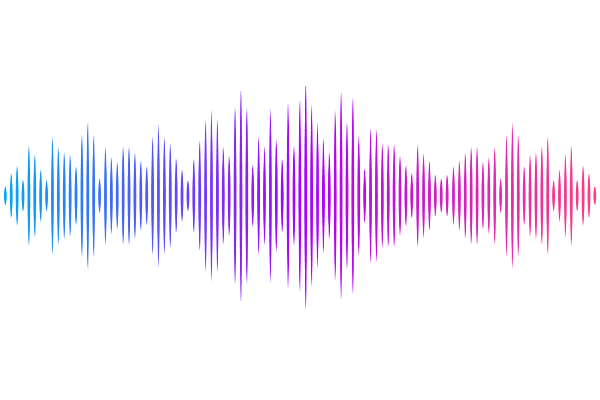Restoration of mitochondrial function to metabolically stressed astrocytes by fusion with mesenchymal stromal cells.

Restoration of mitochondrial function to metabolically stressed astrocytes by fusion with mesenchymal stromal cells.
Schneider, R. T.; Dawson, R. H.; Rowe, M. R.; Komrskova, K.; Neuzil, J.; Berridge, M.; Herst, P.; McConnell, M. J.
AbstractMitochondrial networks in eukaryotic cells are dynamic, undergoing fusion, fission, biogenesis and transfer between cells to manage cellular requirements for energy production and biosynthetic components. Mitochondrial transfer has been observed in response to cellular injury and can happen by a variety of mechanisms. To examine whether mitochondria could be restored to injured astrocytes, we established a model of discrete astrocyte-specific, mitochondrial-specific injury in a mixed culture model. Immortalized rho0 astrocytes were generated, then put under lethal metabolic stress by withdrawal of pyruvate and uridine. When cells stressed in this way were grown in the presence of mesenchymal stromal cells, enhanced survival of the rho0 cells was seen, accompanied by the rapid acquisition of an entire mitochondrial networks. Gap-fill ligation and rolling circle amplification for cell-specific mitochondrial genome SNP confirmed that the mitochondrial networks were derived from the mesenchymal stromal donor cells, and both mitochondrial DNA and mitochondrial function were restored to the rho0 cells long-term. The presence of two nuclei in the rho0 cells in the early stages of mitochondrial transfer and recovery was observed. This demonstrated that in this instance, the mechanism of mitochondrial rescue was fusion of the rho0 astrocyte and the mesenchymal stromal cell. In support of this, other neural cells were similarly shown to fuse with stressed rho0 astrocytes, suggesting that whole organelles may be donated to restore critical mitochondrial function.